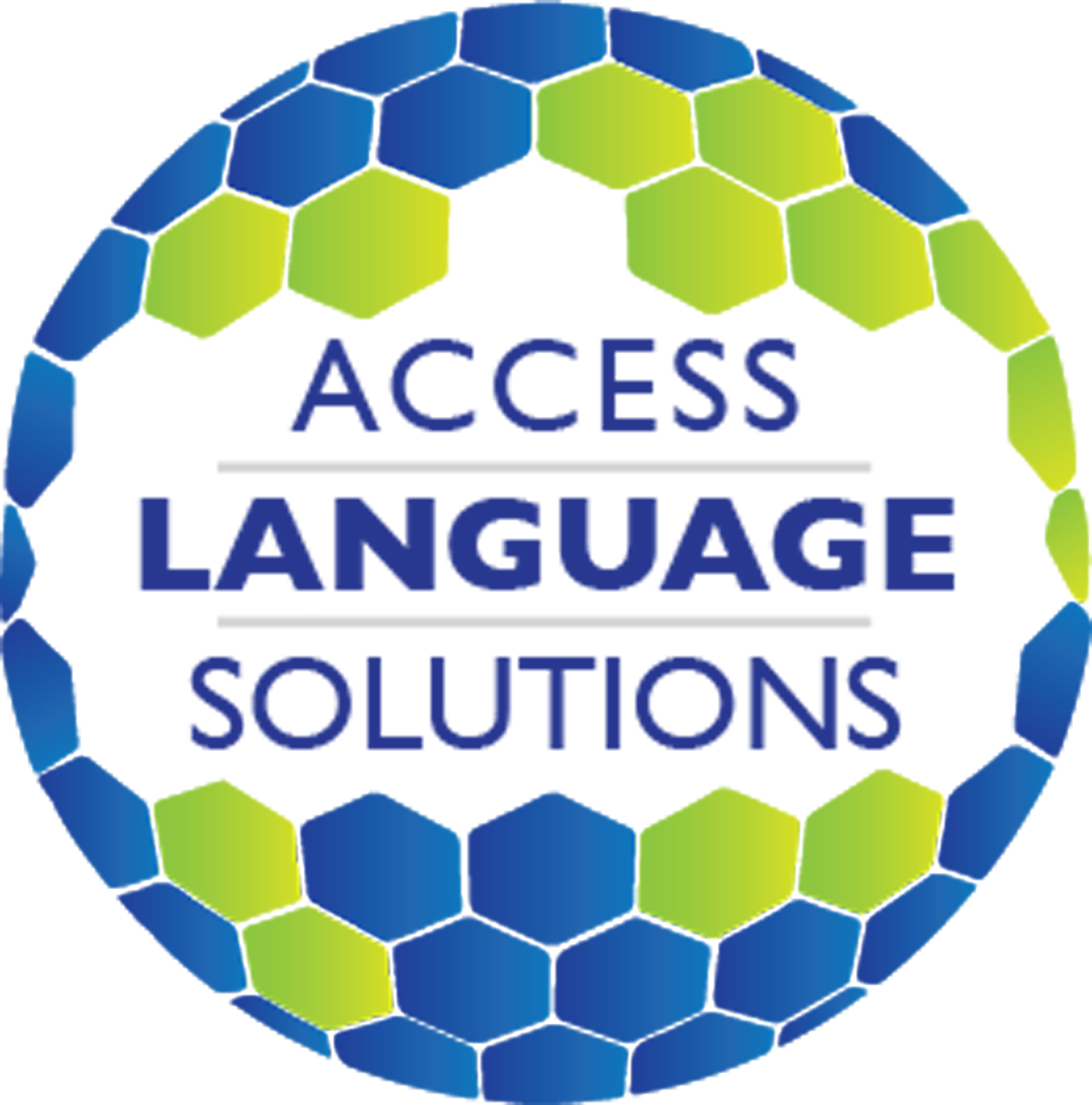What is a certified translation?
You’ve been asked to supply a certified translation. What is that, and where do you start? Different countries have different criteria for the creation of a certified translation. Some written documents need to be translated before being presented to official entities like USCIS (immigration) or the Department of Motor Vehicles. These documents are almost always legal and include birth/marriage/divorce/death certificates, foreign licenses or bills of sale from other countries.
In the United States, the linguistic professionals who provide a certified translation do not themselves need to be certified by any local, state, or national body. Instead, a translator attests to the accuracy of a translation and signs a translator’s statement, also known as a Certificate of Accuracy. In most cases, best practice includes a “team’ of translators (minimum of two people) to proof and edit as necessary. It is also best practice not to submit, certified or otherwise, documents that a family member has translated. Many entities consider this a conflict of interest and will reject the translation. Ask if the certified translation needs to be notarized. If required, the translator’s signature on the Certificate of Accuracy can be notarized. For more information from the American Translators Association, click here. If you need a certified translation, contact us for a quote. Our local and national networks have you covered in any requested language.
